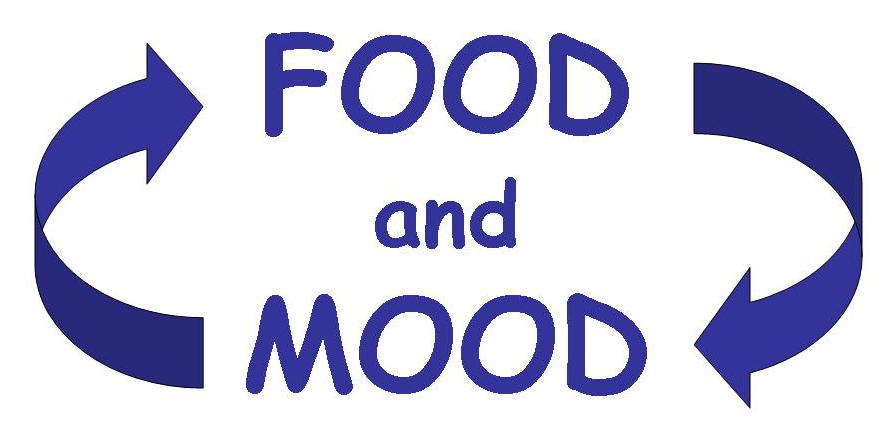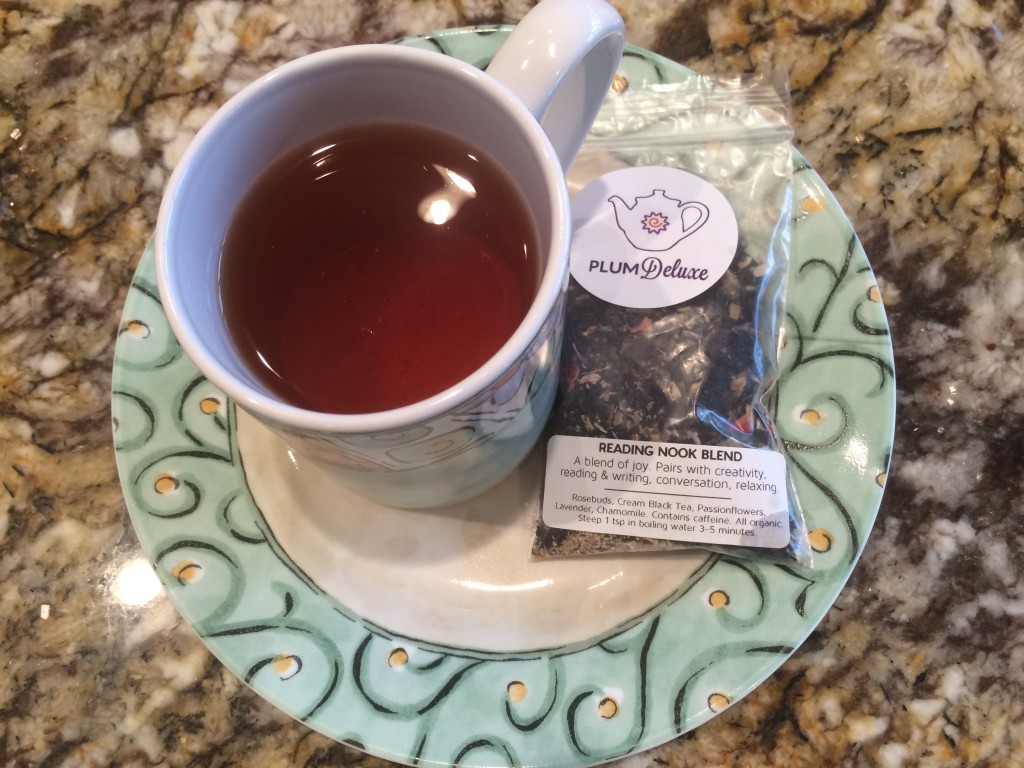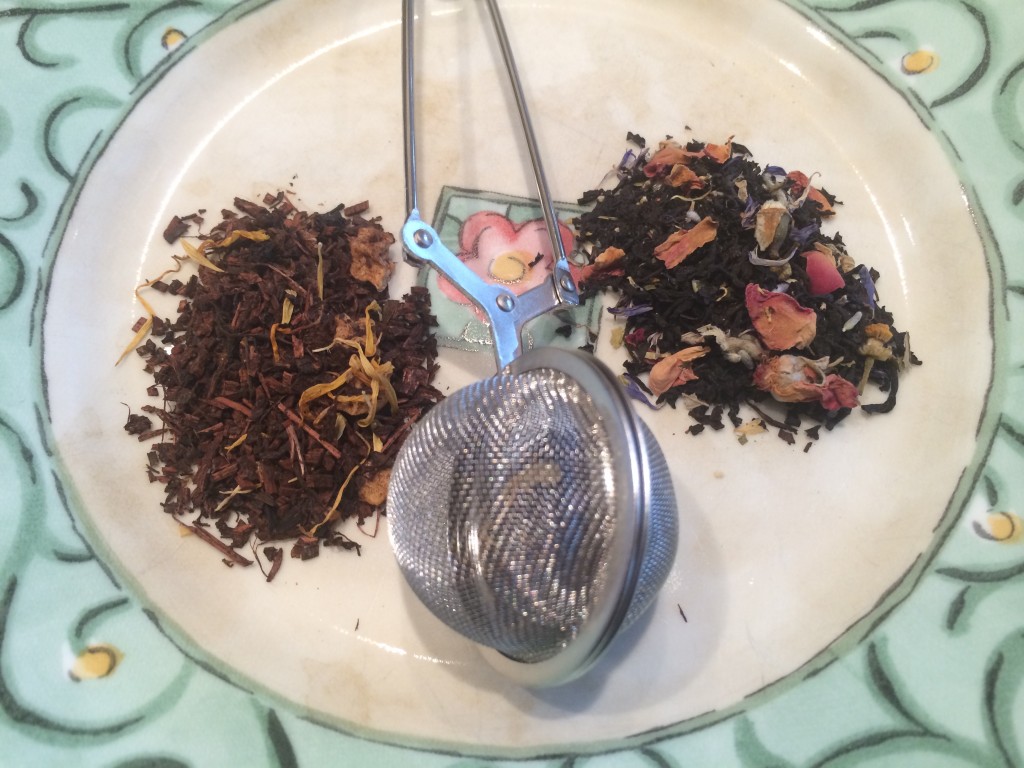How I love a good Curry Recipe! This recipe Becky is sharing is for Malaysian Fish Curry. She used Halibut but any white fish would work. As I have mentioned that living in Alaska, we fish for our own Halibut and Salmon. We are assured of not getting farm fished product and know that it is wild and cared for properly. I hope you can find wild caught fish for your use.
Malaysian Fish Curry Recipe
Malaysian Fish Curry Recipe
Ingredients
- 1 ¼ lb halibut or other firm textured white fish cut into 1 inch cubes
- ½ tsp salt
- 2/3 cup desiccated coconut
- 6 shallots or small onions chopped
- 6 blanched almonds
- 2-3 garlic cloves roughly chopped
- 1 in piece root ginger sliced
- 2 lemon grass stalks trimmed
- 2 tsp ground turmeric
- 3 Tbsp vegetable oil
- 2 14 oz cans coconut milk
- 1-3 fresh green and red chilies seeded and sliced
- Salt and ground black pepper to taste
- Fresh chives to garnish
- Plain boiled rice to serve
Instructions
- Spread out the piece of fish in a shallow dish and sprinkle them with salt.
- Dry-fry the coconut in a wok over a gentle heat, turning all the time until it is crisp and golden. Transfer the coconut to a food processor and process to an oily paste (this can be moistened with a little of the coconut milk if necessary)
- Scrape into a bowl and reserve.
- Add the shallots or onions, almonds, garlic and ginger to the food processor.
- Cut off the lower 2 inches of the lemon grass stalks, chop them roughly and add to the processor; process to a paste.
- Add the turmeric to the mixture in the food processor and process briefly.
- Bruise the remaining lemon grass and set the stalks aside.
- Heat the oil in a wok.
- Add the onion mixture and cook for a few minutes without browning.
- Stir in the coconut milk and bring to a boil, stirring constantly to prevent curdling.
- Add the cubes of fish to the wok, along with most of the sliced fresh chilies and bruised lemon grass stalks.
- Cook for 3-4 minutes. Stir in the coconut paste and cook for a further 2-3 minutes only. Do not overcook the fish.
- Taste the curry and adjust the seasoning, as required.
- Remove the lemon grass.
- Transfer to a hot serving dish and sprinkle with the remaining slices of chili.
- Garnish with chopped and whole chives and serve over plain boiled rice.
Notes
Nutrition
Recipe provided by Becky Fowler who cooks dairy-free, gluten-free, soy-free, nut-free for her son. Becky has 2 small children and loves to sew and crochet in her spare time and can be found at Sew Need It.





































